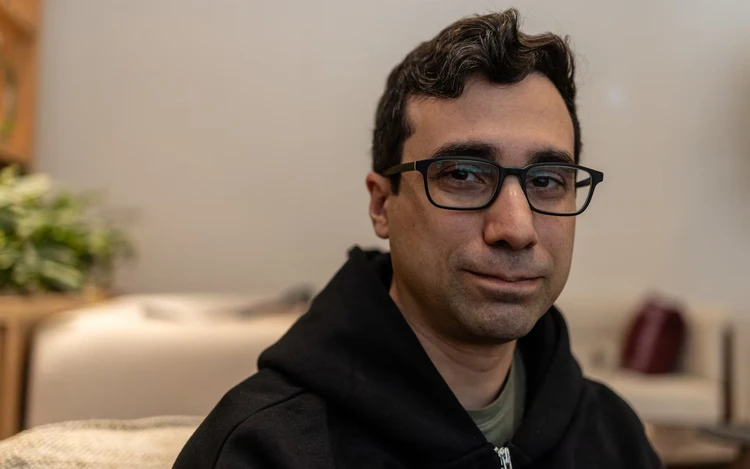In the rapidly evolving landscape of artificial intelligence, a fierce competition has emerged among tech behemoths like OpenAI, Google, and xAI. Dubbed the "AI talent war," this battle centers around recruiting and retaining the world's leading AI researchers, often referred to as "superstars" in the field. With the stakes higher than ever, companies are offering unprecedented compensation packages to secure top-tier talent.
The Rise of the AI Talent War
The launch of ChatGPT in late 2022 marked a significant milestone in AI development, showcasing the transformative potential of large language models. This breakthrough intensified the demand for exceptional AI researchers capable of pushing the boundaries of what's possible. As a result, the AI talent war escalated, with companies vying for a limited pool of experts whose contributions can significantly impact a company's trajectory.
These elite researchers, often termed "individual contributors" (ICs), possess specialized skills in areas like machine learning, natural language processing, and computer vision. Their expertise is crucial for developing advanced AI models that can outperform competitors. Recognizing their value, companies have begun offering compensation packages that rival those of professional athletes, with some reaching up to $20 million annually.
Strategies Employed by Tech Giants
To attract and retain top AI talent, companies are deploying a range of strategies beyond just lucrative salaries.
1. Substantial Financial Incentives
OpenAI, for instance, has reportedly offered retention bonuses of $2 million and equity packages worth up to $20 million to dissuade employees from joining rival startups like SSI, founded by former chief scientist Ilya Sutskever.
2. Personalized Recruitment Approaches
Recruitment tactics have become increasingly personalized. Notable researchers have recounted experiences such as private meetings with tech founders and exclusive events aimed at wooing them. For example, Noam Brown, a researcher behind OpenAI's recent AI breakthroughs, was courted by top tech executives through personalized engagements.
3. Emphasis on Research Freedom
Companies are also offering researchers greater autonomy, allowing them to pursue independent projects and publish their findings. This emphasis on academic freedom serves as a significant draw for researchers who value the ability to contribute to the broader scientific community.
Implications for the AI Industry
The intensifying AI talent war has several implications for the industry:
1. Concentration of Expertise
As top talent gravitates toward a few dominant companies, there's a risk of knowledge and innovation becoming concentrated, potentially stifling diversity in research approaches.
2. Escalating Costs
The soaring compensation packages contribute to increasing operational costs, which may be unsustainable in the long term, especially for smaller startups unable to match such offers.
3. Ethical Considerations
The aggressive pursuit of talent raises ethical questions about poaching practices and the potential impact on collaborative research efforts across institutions.
The Future of AI Talent Acquisition
Looking ahead, the AI talent war is expected to continue, driven by the relentless pace of innovation and the transformative potential of AI technologies. Companies may need to explore alternative strategies, such as investing in education and training programs to cultivate new talent, thereby expanding the pool of qualified researchers.
Moreover, fostering collaborative environments that balance competitive drive with shared scientific advancement could help mitigate some of the challenges posed by the current talent acquisition landscape.
Conclusion
The AI talent war underscores the critical role that expert researchers play in shaping the future of technology. As companies like OpenAI, Google, and xAI continue to compete for these invaluable individuals, the industry must navigate the complexities of talent acquisition with foresight and ethical consideration. By doing so, the AI community can ensure sustained innovation and equitable growth in this transformative era
Read More






 Thursday, 22-01-26
Thursday, 22-01-26







